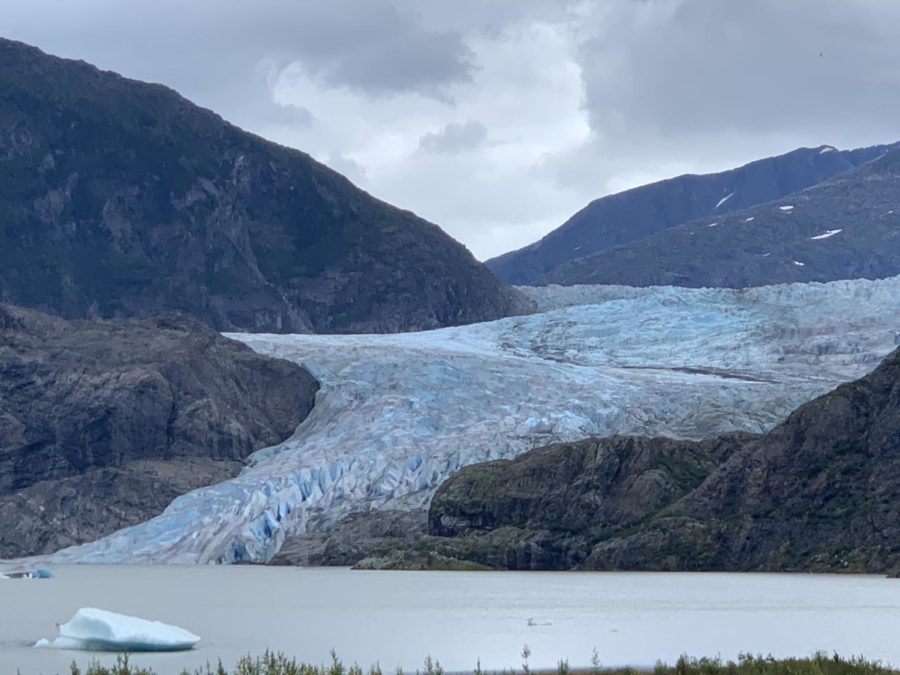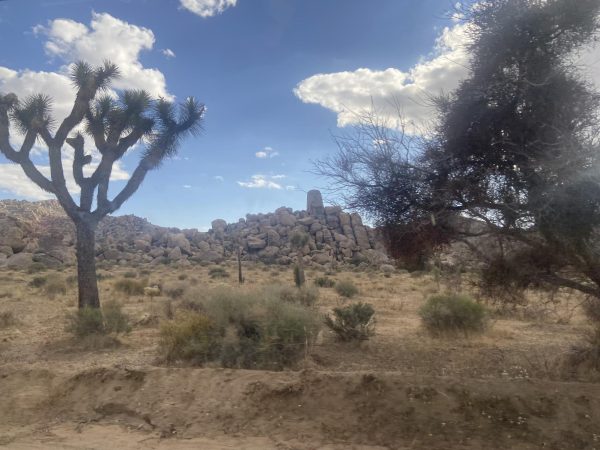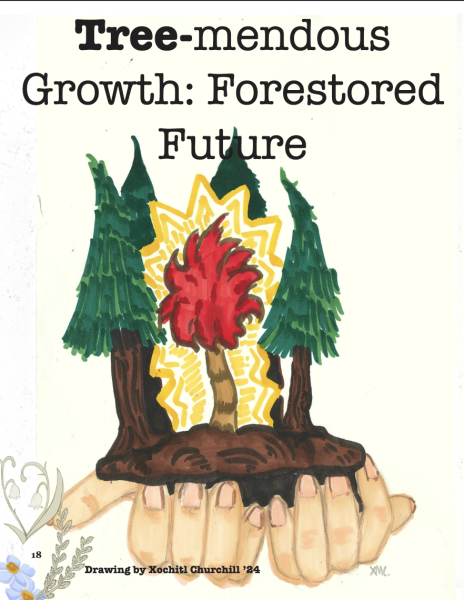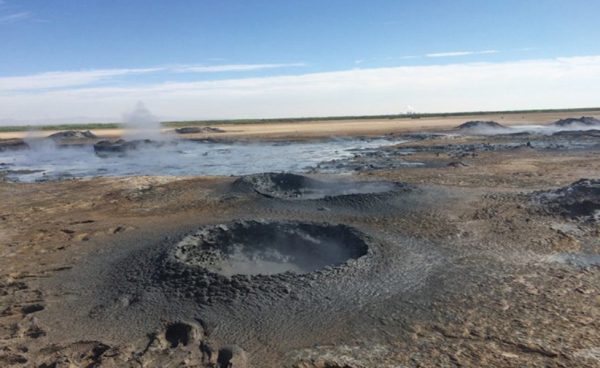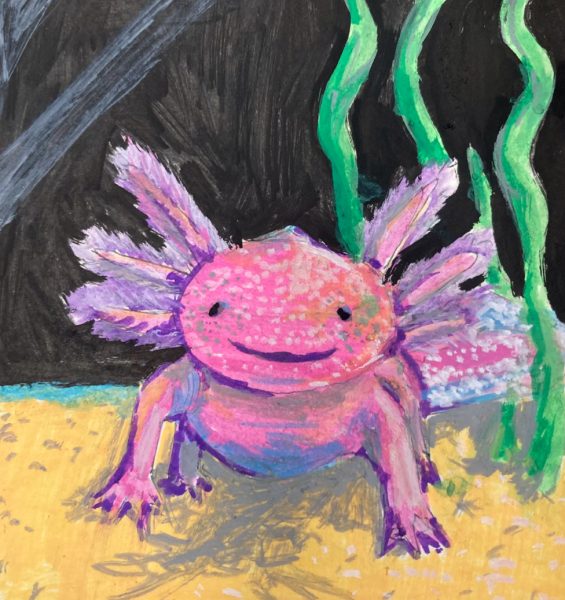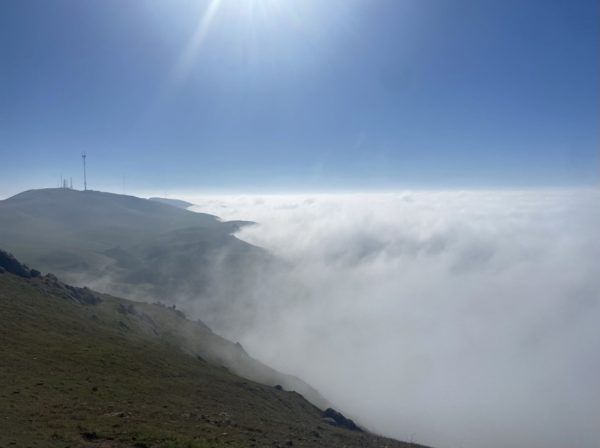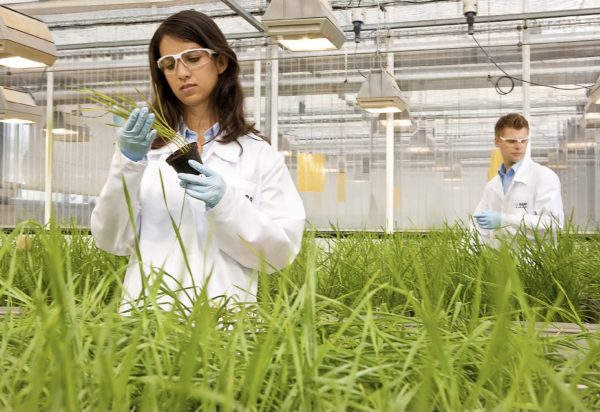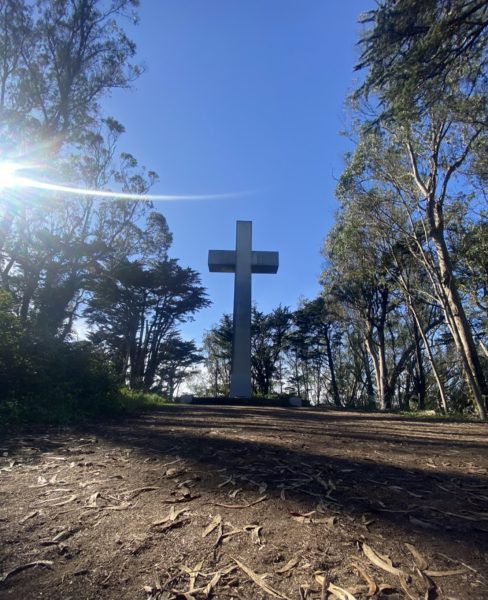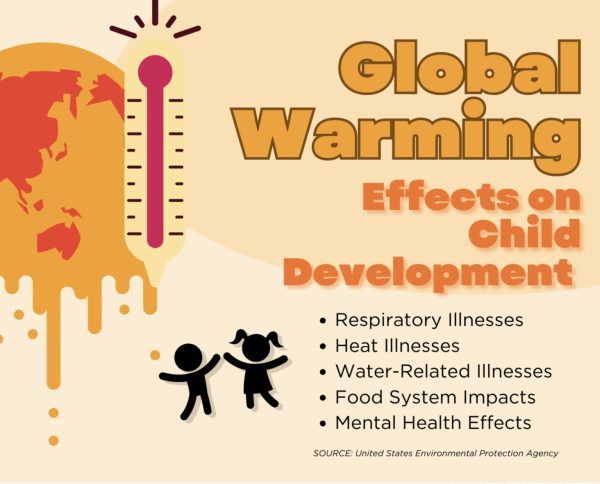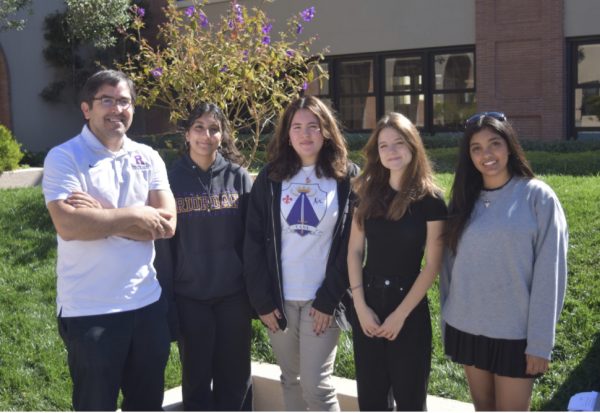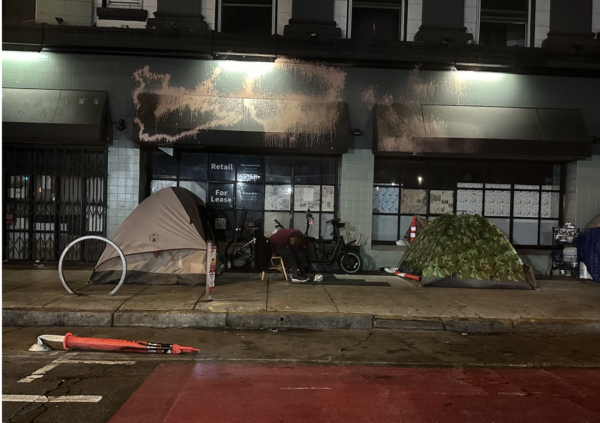Zombie ice drags through Arctic Circle
Mendenhall Glacier in Alaska currently has a negative glacier mass balance and will continue to retreat in the foreseeable future, according to the New York Times. Mass balance is the difference between accumulation and ablation (sublimation and melting), and is crucial to the glacier’s survival.
November 16, 2022
Rising temperatures are affecting glaciers around the globe, specifically Greenland, where snow has decreased, leaving parts of glaciers unreplenished.
Scientists call those unreplenished areas Zombie Ice.
Zombie Ice sounds like something straight out of a horror movie, and it really is something to fear.
According to the Associated Press, it is ice that is no longer getting replenished by parent glaciers now receiving less snow. The ice is doomed to melt into the sea.
AP Environmental Science student Dinh Ngoc Thy Khanh ’23 said, “There’s really nothing that we can do… The ice is going to melt anyway… It’s already way past the point of no return.”
It’s already dead, you can’t do anything about the zombie. You can’t bring it back.
— Michael O'Brien, AP Environmental Science Teacher
Sources from the Washington Post said that the ice is starving. This is probably the reason for the name “Zombie Ice.”
The effects of the melting ice will be felt around the world. Sea levels will rise from around 10 inches to as much as 30 inches. When sea levels rise, it intensifies events such as storms and high tides. These effects will be detrimental especially to coastal areas.
AP Environmental Science teacher Michael O’Brien added, “We have to get into defense mode, we can’t be on the offense anymore.”
The root cause for the melting ice is climate change, both natural and anthropogenic. Releases of greenhouse gasses such as carbon-dioxide and methane cause the climate to rise.
The ice is not going to stop melting even if humans did something to combat climate change now.
AP Environmental Science student Luke Zuromski ’23 stated, “It shows how humans haven’t taken care of the planet how we really should be.”
Zombie Ice is set to infect the world, and the only thing to do is wait and see.
O’Brien said, “It’s already dead, you can’t do anything about the zombie. You can’t bring it back.”


